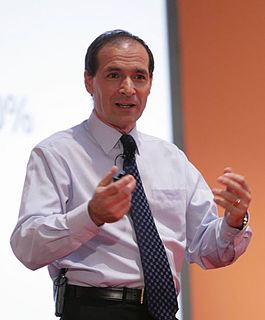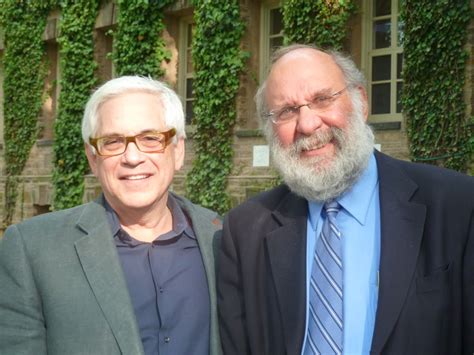A Quote by Timothy Keller
The Gospel does not promise you better life circumstances; it promises you a better life.
Quote Topics
Related Quotes
It is not good enough to know why we are oppressed and by whom. We must join the struggle for what is right and just. Jesus does not promise that it will be an easy way to live life and His own life certainly points in a hard direction; but it does promise that we will be "satisfied" (not stuffed; but satisfied). He promises that by giving life we will find life - full, meaningful life as God meant it.
God never promises exemption. He does promise companionship, which is better. He does not promise do deliver you or me or any other individual from pain, sorrow, or economic disaster, but He does give assurance the He will help us through and that there will be compensations. "I will not leave you comfortless, I will come to you." These are the words of Jesus.
In the first place, you shouldn't believe in promises. The world is full of them: the promises of riches, of eternal salvation, of infinite love. Some people think they can promise anything, others accept whatever seems to guarantee better days ahead, as, I suspect is your case. Those who make promises they don't keep end up powerless and frustrated, and exactly the fate awaits those who believe promises.
The law is only one of several imperfect and more or less external ways of defending what is better in life against what is worse. By itself, the law can never create anything better. Establishing respect for the law does not automatically ensure a better life for that, after all, is a job for people and not for laws and institutions.
When you're about 20 years old, you kind of think out - I figured out that it was better - less good to be successful and better to have a laughing life, laugh more than you frown all through your life. Because on the day you die, which one would you have said had the happier life, the better life? And so I put a lot of humor in my life.
Making promises to myself, in my personal writing practice, has been important to me all my life. In practical application it is so much easier for me to make promises to others, and keep them, than it is to make promises to myself. "Why is that?" and the answer I gave myself is that in making promises to others I create a model of accountability and reinforcement. I duplicate that in my writing and have grown increasingly better at making and keeping promises to myself.
Love of country cannot be a supersized version of individual narcissism. True love of country-of this country-is love of our children, of a creed that promises them a better life before it promises us anything, and embraces the sacrifices needed to make that better life. True love of country is giving ourselves to a cause and a purpose larger than ourselves. And that cause is to make liberty worth having, to make the pursuit of happiness deeper than the quest for personal pleasure, and to leave a legacy of progress and possibility.


































